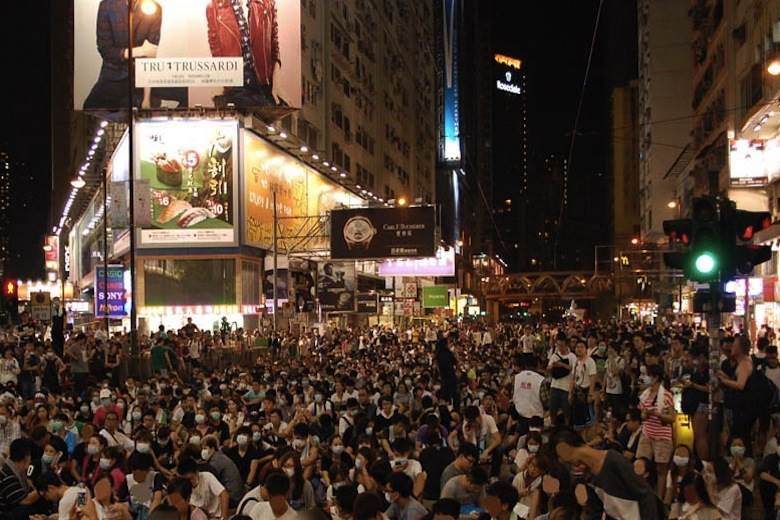Hong Kong protests “not that big a deal, economically”
02/10/2014

Protestors took to the streets at the end of September to campaign for changes to the electoral system in Hong Kong, a Special Administrative Region of China. There have been confrontations with police and widespread disruption in areas such as Central and Causeway Bay. This disruption is likely to have had an impact on sales of handbags, shoes, cars and other luxury items.
Perhaps an even greater set-back for luxury brands is that the protests, directed at China’s central government in Beijing, have come at the time of a national autumn holiday when Hong Kong usually plays host to hundreds of thousands of high-spending tourists from the mainland.
Wealthy Chinese consumers have travelled to Hong Kong in great numbers in recent years to shop, not least because they feel they can have complete confidence that branded articles on sale in Hong Kong are genuine. At the same time, in many elite circles in mainland China, a handbag or a pair of shoes bought in Hong Kong (not to mention in Europe, the US and other Asian destinations such as Singapore) will attract greater prestige than the purchase of the same product in any shopping mall in any Chinese metropolis.
Nevertheless, the Financial Times has quoted economists as saying the protests in September and October have exacerbated existing economic weaknesses in Hong Kong rather than caused any new ones. Investment bankers told the newspaper that the protests were “not that big a deal, economically”.
The FT reported on October 2 that tour-group bookings from the mainland and spending in Hong Kong on luxury items by Chinese consumers are already well down in 2014. Bangkok and Singapore have become popular alternative destinations for short breaks, and people who have gone to Hong Kong have spent less than in previous years in the face of the Chinese government’s austerity and anti-corruption policies.
Image: Citubon/Wikipedia











